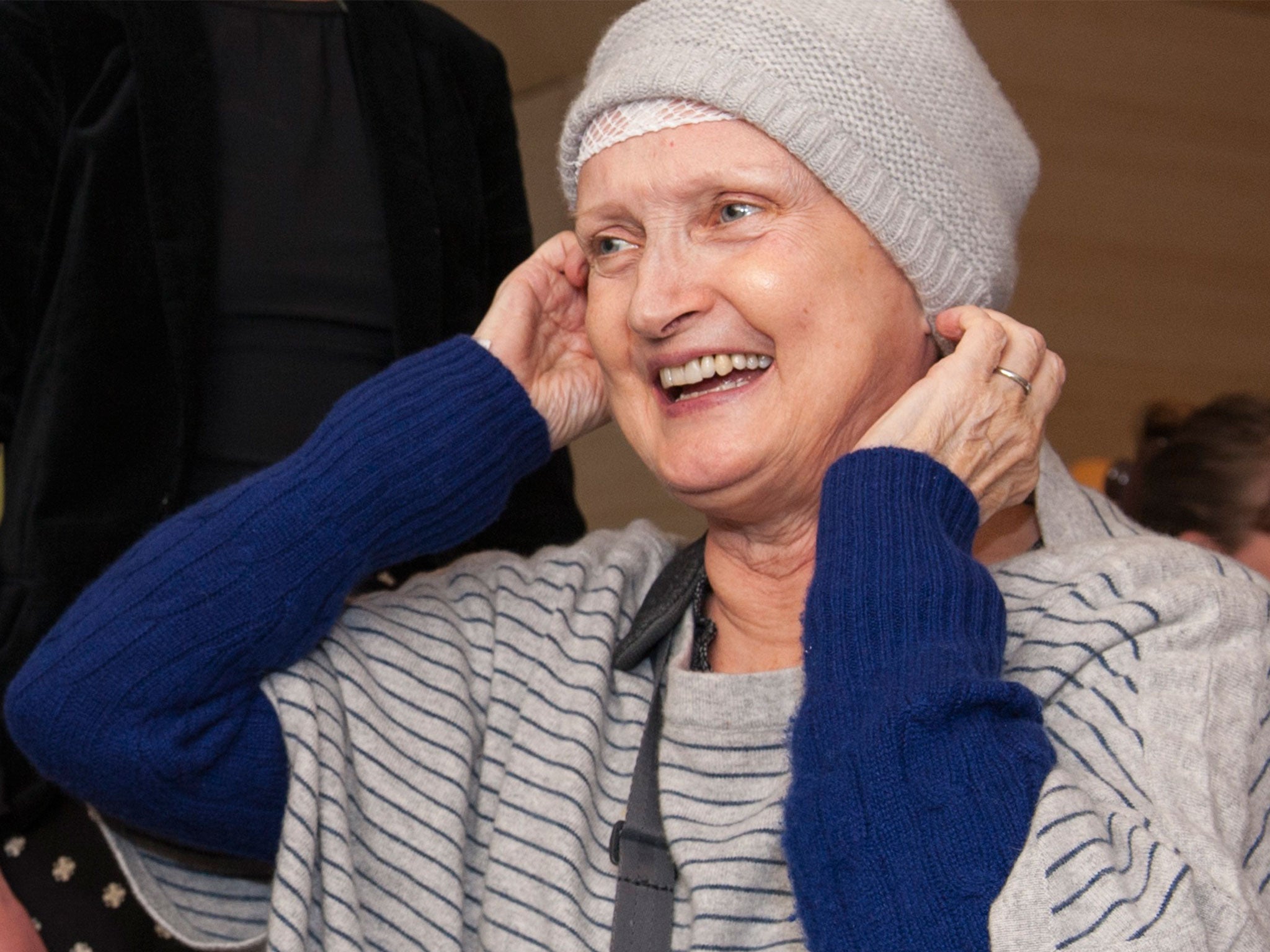Potent new chemical causes brain cancer cells to ‘self-destruct', early trial shows
Chemical disrupts cancer cell's mitochondrial batteries but leaves healthy tissue unscathed

Your support helps us to tell the story
From reproductive rights to climate change to Big Tech, The Independent is on the ground when the story is developing. Whether it's investigating the financials of Elon Musk's pro-Trump PAC or producing our latest documentary, 'The A Word', which shines a light on the American women fighting for reproductive rights, we know how important it is to parse out the facts from the messaging.
At such a critical moment in US history, we need reporters on the ground. Your donation allows us to keep sending journalists to speak to both sides of the story.
The Independent is trusted by Americans across the entire political spectrum. And unlike many other quality news outlets, we choose not to lock Americans out of our reporting and analysis with paywalls. We believe quality journalism should be available to everyone, paid for by those who can afford it.
Your support makes all the difference.An experimental substance which causes aggressive brain tumour cells to 'self-destruct' could lead to a new generation of treatments for cancers like glioblastoma, a UK-led study has found.
Scientists from the University of Leeds said they hope it might begin to address a decades-long absence of new treatments for the aggressive brain cancer, which killed Dame Tessa Jowell.
Tests on glioblastoma multiforme tumour cells in mice showed the synthetic chemical, KHS101, was able to shut off the energy supply to cancer cells, according to the study in journal Science Translational Medicine.
They had initially expected it to slow the cells' growth but it resulted in a much more dramatic effect, shrinking the size of tumours and leaving healthy brain cells untouched.
It is hoped the discovery may one day help tackle the devastating cancer, which only 5 per cent of patients survive for more than five years.
Dame Tessa, a former Labour cabinet minister, died in May at the age of 70. She was diagnosed with a glioblastoma multiforme brain tumour last year.
The new chemical works by disrupting mitochondria, the batteries which power the cells of all complex organisms, and the metabolism within tumour cells.
Dr Heiko Wurdak, from the University of Leeds, said: "When we started this research we thought KHS101 might slow down the growth of glioblastoma, but we were surprised to find that the tumour cells basically self-destructed when exposed to it.
"This is the first step in a long process, but our findings pave the way for drug developers to start investigating the uses of this chemical, and we hope that one day it will be helping to extend people's lives in the clinic."
The researchers also tested the effect of the chemical on tumour cells transferred from humans into mice.
The growth of tumours in mice treated with KHS101 decreased by around half and normal brain cells were not affected by exposure to the chemical, they found.
Crucially, the drug was able to cross the blood-brain barrier which exists in mammals to prevent toxins and parasites damaging the brain.
Commenting on the findings, Professor Richard Gilbertson, a Cancer Research UK brain tumour expert, said: "Treatment for glioblastoma has remained essentially unchanged for decades, so there is a pressing need for preclinical research like this to identify and characterise potential new drugs.
"While the findings are encouraging, as an experimental chemical, further rigorous testing and refinement of KHS101 is required before trials in people can begin."
Additional reporting by PA
Join our commenting forum
Join thought-provoking conversations, follow other Independent readers and see their replies
Comments